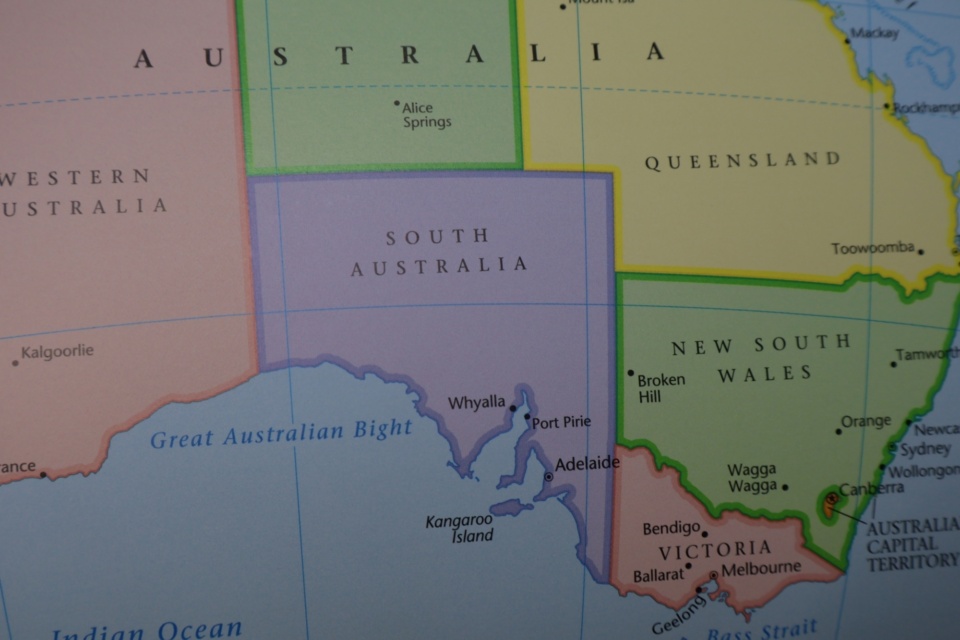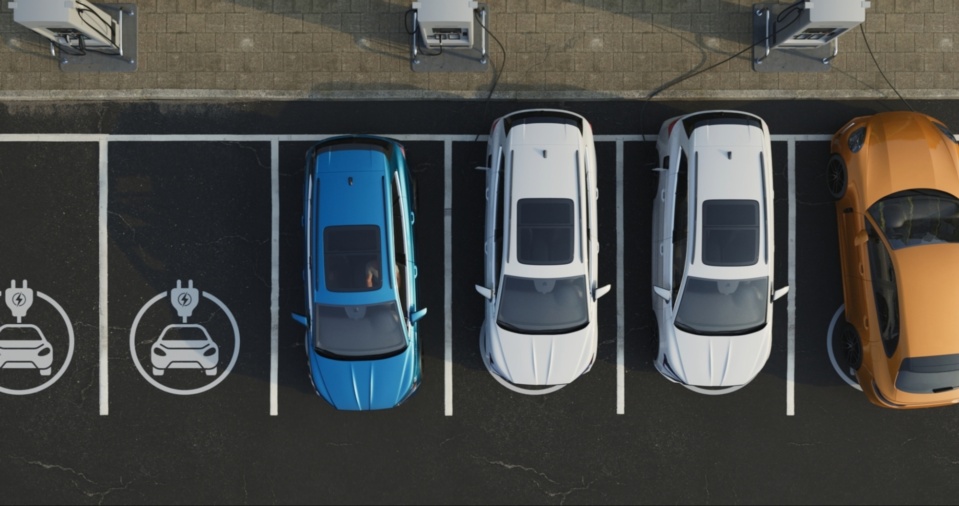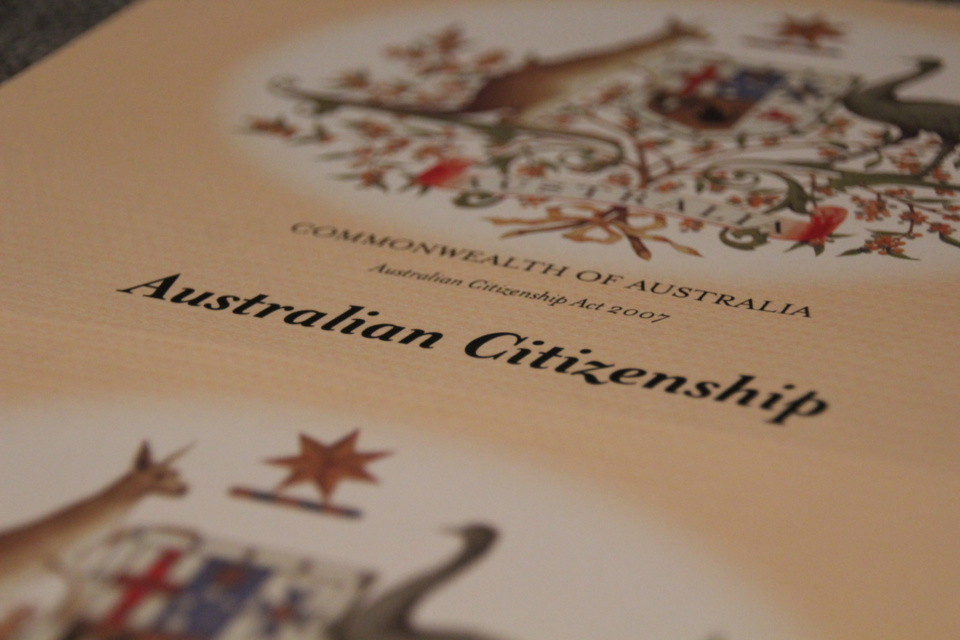
One Nation’s chances as a dominant conservative party are piñata-like
Posted on 11 Feb 2026
Opinions polls insist Pauline Hanson's fortunes are on the rise, but it is likely that enthusiasm…
Posted on 09 Apr 2024
By David Crosbie

It’s time for the charity sector to raise its collective voice and advocate for action on climate change before it’s too late, says Community Council for Australia CEO David Crosbie.
So much has been written about climate change and its impact on Australia that it almost seems banal to talk about climate change, let alone write an article about it.
I don’t think we’re complacent – how could we be – but many of us are frustrated by the pointlessness of the endless partisan public discourse on climate change.
We all know. The science has spoken. The facts have spoken. Our own experience has given us insight into our future living on a warming planet: choking smoke, drought, flood, disease, disaster beyond precedents.
Climate change is impacting all of us.
We’ve just had the hottest year on record. We had the hottest March, February, January, December and November ever recorded – in fact we’ve had nine consecutive months of highest ever average global temperatures.
It will only get worse over the coming decades, and we are clearly not prepared. Our physical and social infrastructure repeatedly fails to cope.
And yet many economically and politically powerful shapers, shakers and decision makers promote a delusional commitment to maintaining fossil fuels, betraying our economy, our politics and our communities.
The future priorities of so many rich older men seem to be stubbornly focused on the amount they’ll make when they cash in their share dividends, not the state of the planet their grandchildren will inherit.
When I talk to charities about their role in addressing some of the challenges posed by climate change, they often seem overwhelmed. Where to begin? And how does climate change fit into our work, our mission, our communities and future priorities?
At CCA we’ve struggled with this issue over many years. There have been hours of discussions about our role as a peak body representing charities on a warming planet.
We joined others in taking on groups like the Minerals Council of Australia and some political parties when they began attacking the lack of charity regulator actions against environmental protest groups aligned with registered charities. We have generally been successful in these endeavours, although the right to protest is under constant threat.
Through the Charities Crisis Cabinet, CCA and other sector leaders advocated for more resources to build our social infrastructure – the social connection within our communities that is critical to enabling us to build resilient communities and better respond to natural disasters.
Although we made some progress, our efforts have been less successful than we might have hoped. There are still only very limited resources available to support the actions of charities and community groups seeking to build social infrastructure and community capacity to help prevent, prepare for, respond to and recover from natural disasters.
"Changing our future for the better is not something our sector can leave to governments, business, and environmental groups."
Like many other charities, CCA has taken steps to reduce its carbon footprint.
In discussions with our board and informed environmental groups, CCA made the decision to allocate resources to support the UN climate change conference process – the Conference of the Parties, or COP.
For almost a year now, CCA has been working with a range of strategic partners to establish the COP31 Collaboration Group (CCG).

This cross-sector group seeks to connect people, planet, peace and prosperity into narratives, actions and advocacy to ensure that a COP31 – hopefully co-hosted by Australia and the Pacific in 2026 – delivers for communities, for the planet, and for the future, by influencing and enhancing:
We have collectively established working or networking groups that pick up on these key themes.
CCA believes that if we do the work well ahead of time, Australia and our Pacific family have an opportunity to make COP31 about a lot more than money or deals for individual countries and multinational companies. COP31 should be accountable to all of us, charities and not-for-profits, our communities, our children, and future generations.
Changing our future for the better is not something our sector can leave to governments, business, and environmental groups. We all have critical roles to play in building capacity in our own organisations and communities, our own families and our own lives.
To that end, I would like to see as many charity leaders as possible committing to supporting COP31 and becoming part of the movement represented in the upcoming ImpactX conference in Sydney in two weeks.
I’m not big on promoting events, but in this case, I think getting more charities and community groups involved is critical, not just for our organisations and the communities we serve, but for the kind of lives our grandchildren will be able to lead in Australia and around the world.
We want community voices, needs, issues, opportunities, investment and solutions at the centre of Australia’s response to climate change, climate transition and building resilient communities. This is not happening.
In Australia, most charities and community groups – aside from environmental charities – play no role in addressing the biggest challenge that will increasingly impact our work and our communities.
We can and should change that.
David Crosbie has been CEO of the Community Council for Australia for the past decade and has spent more than a quarter of a century leading significant not-for-profit organisations, including the Mental Health Council of Australia, the Alcohol and Other Drugs Council of Australia, and Odyssey House Victoria.
We're proud to take a stand on progressive issues. Here's a taste of our commentary.

Posted on 11 Feb 2026
Opinions polls insist Pauline Hanson's fortunes are on the rise, but it is likely that enthusiasm…

Posted on 28 Jan 2026
This year’s Adelaide Writers’ Week began with the cancellation of a talk by Palestinian-Australian…

Posted on 17 Dec 2025
Posturing by the US president about Europe's immigration policies, even warnings of future…

Posted on 03 Dec 2025
If you wanted an example of the problems inherent in federal systems, you couldn’t do better than…

Posted on 19 Nov 2025
When it comes to loyalty to car brands, it can be confusing who we should support, and, even more…

Posted on 05 Nov 2025
Before the Prime Minister gets too excited about his recent meeting with the American President, he…

Posted on 14 Oct 2025
The idea of "long term" is not something that sits well in the social media era, yet governments…

Posted on 30 Sep 2025
I am proud of what Our Community, and its exceptional team, have achieved in the past 25 years. As…

Posted on 16 Sep 2025
Happy Australian Citizenship Day! To mark the occasion, Our Community leader Denis Moriarty takes…

Posted on 02 Sep 2025
Words live, evolve, and sometimes die. Some words are invented from scratch, some are old words…

Posted on 26 Aug 2025
The cost of the National Disability Insurance Scheme (NDIS) is climbing relentlessly – $44 billion…

Posted on 04 Aug 2025
The new leader of the Liberal Party, Sussan Ley, wants to increase the proportion of women…